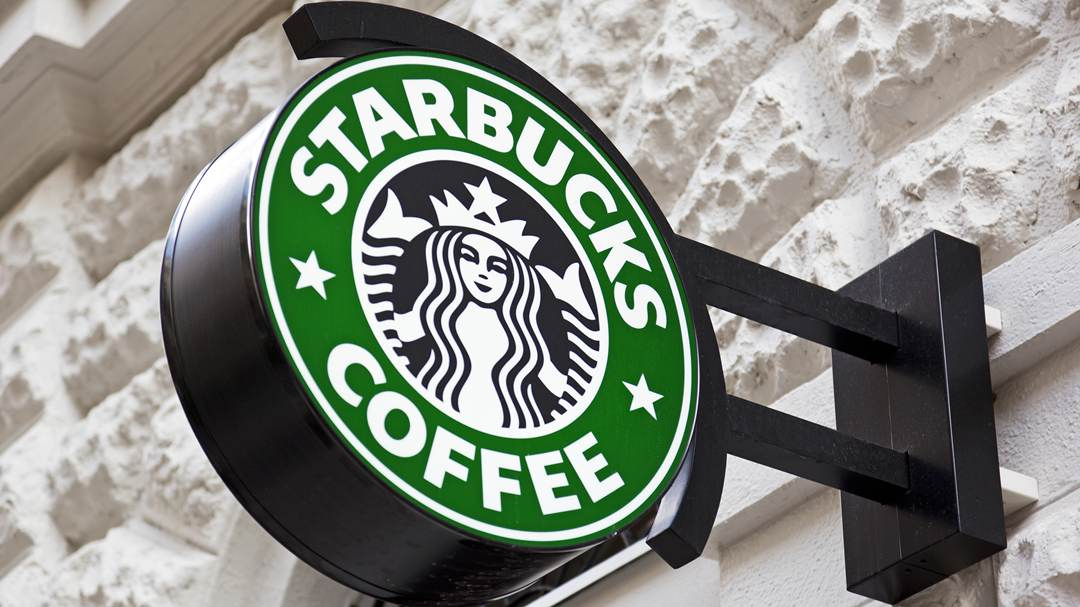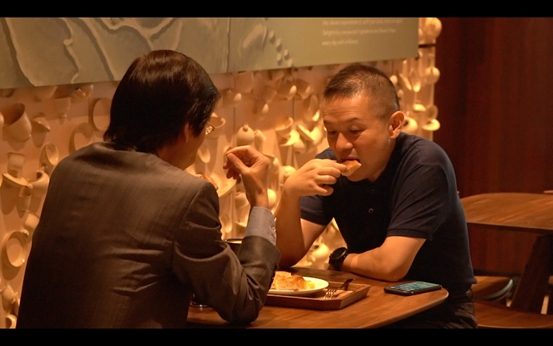
Business
18:37, 27-Jul-2018
The Starbucks success story in China following 9 profitless years
Updated
18:07, 30-Jul-2018
CGTN's Yang Chengxi and Ding Yi
02:25

Starbucks Coffee has become one of the biggest success stories of an American brand in China.
For 19 years, the US chain has nurtured a growing taste for coffee in China. A cup of Starbucks coffee has become synonymous with a bucket of KFC or a Big Mac today.
But that success did not come overnight. In 1999, Starbucks entered a market where most people have long preferred tea. Many consumers also thought the high prices made it too luxurious a product. As a result, the company lost money in China in its first nine years.
“We were not successful in the early years," acknowledged Howard Schultz, founder of Starbucks. "It took a number of years for us to get traction and gain success and loyalty. There were many people, some inside the company and certainly outside the company that said Starbucks would never succeed in China.”
The rise of coffee in China corresponds with economic growth over the past two decades. As the economy has developed and many multinational corporations have come to China, a growing white-collar middle class has sprung up in China's first-tier cities. These are the people that Schultz hoped would be their target customers.
"We understood early on we had to educate the market about especially coffee," he said. "We understood that there was a place in between home and work, which is the third place."
Starbucks' global success was based on that ethos, and he brought it to China – but with a modern Western upscale sensibility.
"The rising middle class, the rising level of consumerism, and we had great faith in the growth and development of China. I was one of the early CEOs in America saying how bullish and excited I was about the Chinese opportunity for Starbucks and the China market," Schultz said.
Starbucks estimates that there will be 600 million middle-class citizens in China. That's nearly twice the population of the US.

A coffee culture has grown in China in recent years. /CGTN Photo
A coffee culture has grown in China in recent years. /CGTN Photo
Starbucks is expanding in China faster than in any other country, with the country looking like the company's best bet for the future. However, domestic coffee brands are ambitiously eyeing a piece of the market, with companies like Luckin, which is basing its business model on online ordering and fast delivery.
Daniel Zipser, a senior partner of McKinsey, said, “It's quite typical in China. If there is some basic industry that works and is successful, it attracts more. I think the hope there is that the tech companies and like-minded were to say, how can it be more convenient, how can you have an O2O component into the coffee chain?”
Starbucks aims to have 6,000 stores in China by 2022. While the story of Starbucks China has largely been a story of China's burgeoning middle class, meeting the internet challenge as a brick-and-mortar chain could be a challenge in and of itself.

SITEMAP
Copyright © 2018 CGTN. Beijing ICP prepared NO.16065310-3
Copyright © 2018 CGTN. Beijing ICP prepared NO.16065310-3